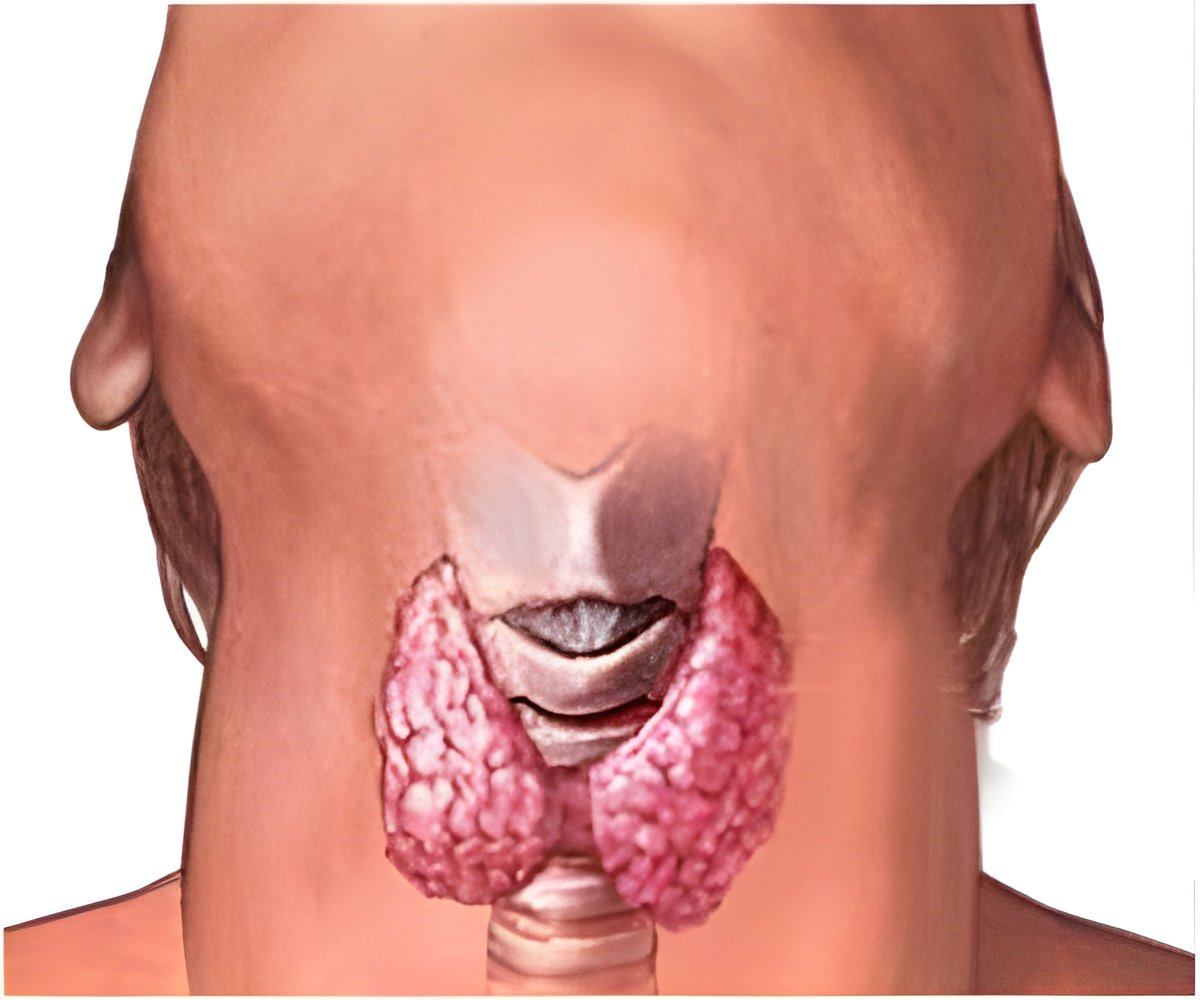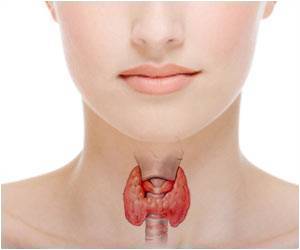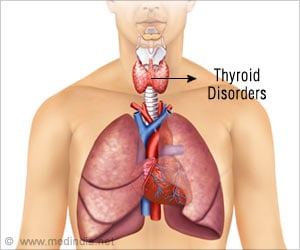Hyperthyroidism is seen commonly among women than men. The various causes of hyperthyroidism are thyroiditis, grave’s disease, medication and diet.

- Grave’s disease This is an autoimmune condition in which the immune system produces an antibody which causes the thyroid gland to produce tremendous amounts of the thyroid hormone. This disease is hereditary in nature.
- Thyroiditis This condition is marked by inflammation of the thyroid gland which is caused by a virus which affects the immune system and leaks thyroid hormone into the blood stream. Subacute thyroiditis causes pain and takes a few months to improve. Postpartum thyroiditis, on the other hand, affects women after delivery of the baby and can last for a minimum of 8 weeks. Lastly, silent thyroiditis causes the thyroid to produce excess hormones and there are almost no symptoms.
- Thyroid medication Thyroid hormone medications when taken in excess can cause a severe case of hyperthyroidism. Hence, the right dose of medications that has been prescribed must be taken.
- Iodine in the diet When extra iodine is taken in the diet, hyperthyroidism can occur. Hence a close supervision of what is consumed must be ensured.
Source-Medindia















